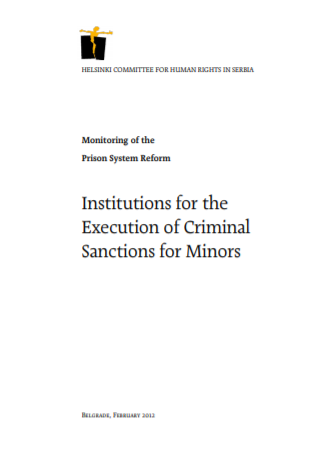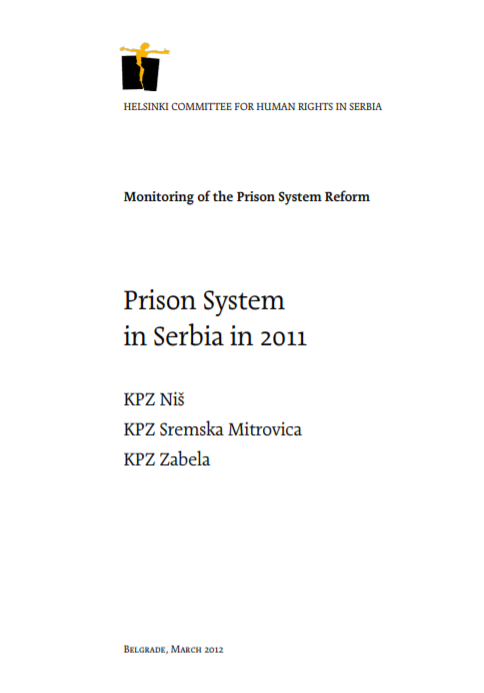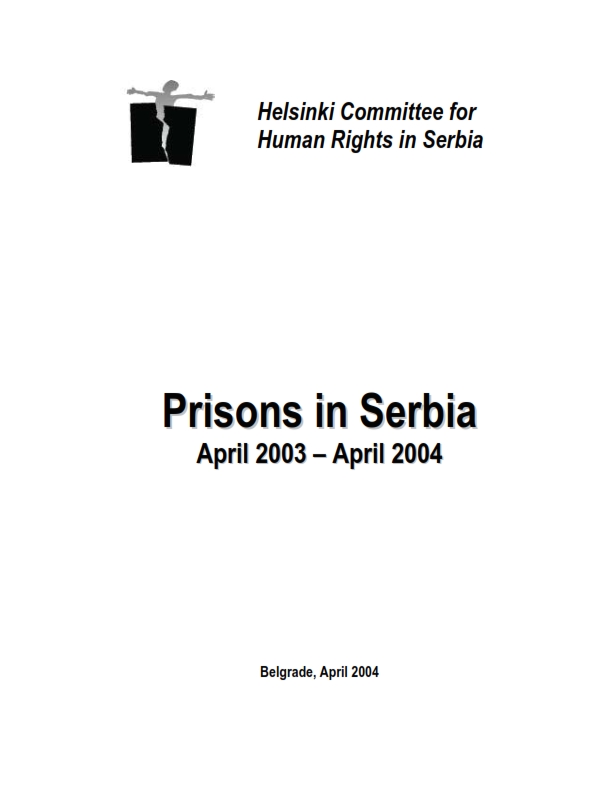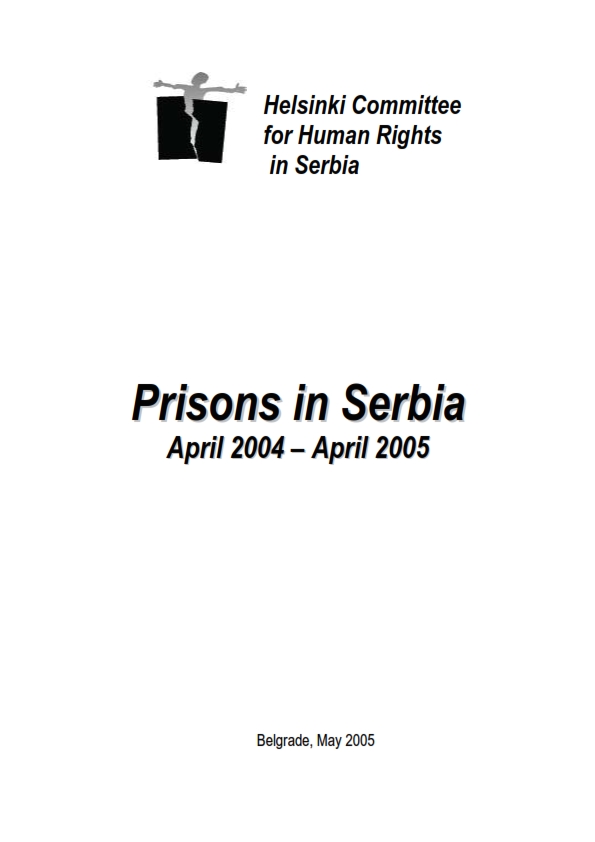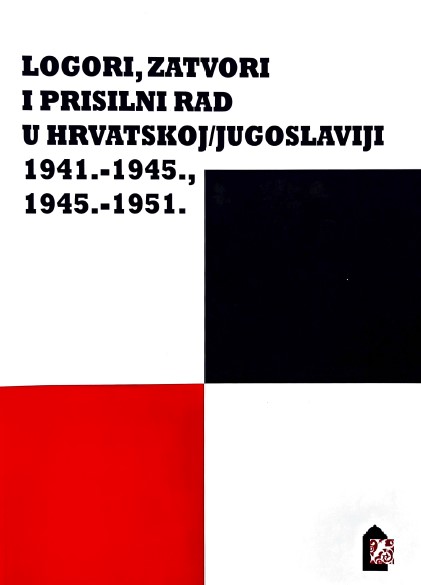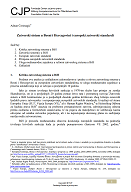
Zatvorski sistem u Bosni i Hercegovini i europski zatvorski standardi
In past 10 years Bosnia and Herzegovina (BiH) has been highly criticized for violation of human rights of prisoners by the European Union, Council of Europe (CoE) and Human Rights Watch. Although international community supported BiH to achieve better standards in prison system it is still confronted with problems of overcrowding, lack of staff, lack of institution responsible for initial and continuous prison staff training, etc. BiH is a member of the CoE and it is obliged to achieve European Prison standards. These standards derive from Article 3 of the European Convention on Human Rights, the European Prison Rules and standards developed by the European Committee for the prevention of torture. Subject of the analysis is the level of incorporation and implementation of these standards within the prison system in BiH and the role of international community. Problem of BiH is not in incorporation, but rather in the implementation of European prison standards. BiH, supported by international experts, has revised its legal documents (e.g. Law on Execution of Criminal Sanctions) in accordance with the European standards. Authorities in BiH justified the non-implementation of these standards with lack of financial means. Although international community in certain occasions (e.g. Staff training center) promised full financial support, the implementation failed due to difficult political situation in BiH. International community decided rarely to put greater pressure on domestic authorities in order to achieve long-term results (e.g. Center for prison staff training). Over the years certain number of domestic personal worked closely with international experts and developed different strategies and proposals. Authorities in BiH should give this personal a chance and support to implement these strategies and recommendations, but also to invest in their further education. In BiH there are four completely independent prison systems and more effort should be put to achieve more coordination and harmonization between these systems, in order to prevent possible discrimination between prisoners serving sentence in different systems.
More...
